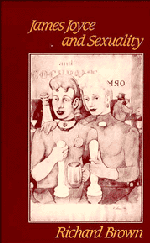Summary
Modern love
During the nineteenth century few questions were so high on the agenda for discussion and reform as questions of marriage. In Dickens's Hard Times, for instance, a novel whose dedication to Carlyle and whose northern industrial setting might lead us to expect some call for reform in the conditions of the labouring poor, Dickens provides, in the eleventh chapter, a call for reform in the marriage law. As some recent critics have felt, this may tell us something about the indirection of Dickens's analysis of industrial society but it also gives us some indication of the felt importance of the marriage issue at the time.
In 1857, three years after the publication of Dickens's novel, the law was forced to change and judicial divorce was made possible in England for the first time. The 1857 Act was not, however, an anticipation of modern sexual attitudes in every way. It did not so much legitimize sexual pleasure as make a wife's adultery an actionable offence. In one way the act merely extended to a wider public a right that had already been available by act of parliament but in another way it serves as a convenient indication of a decisive shift that took place in attitudes to sexual questions.
The form of marriage that had dominated up to that point was a Christian one, established for the Catholic world by the Council of Trent in 1563 and in its English version by the equally venerable Book of Common Prayer.
- Type
- Chapter
- Information
- James Joyce and Sexuality , pp. 12 - 49Publisher: Cambridge University PressPrint publication year: 1985



